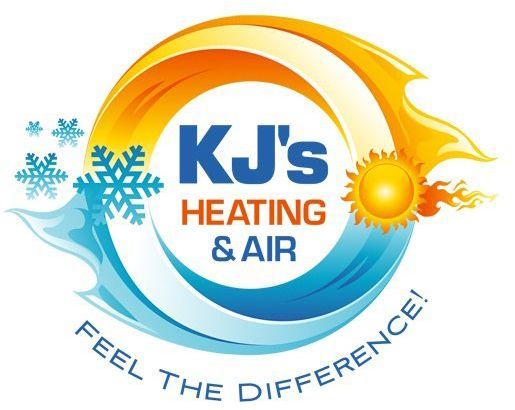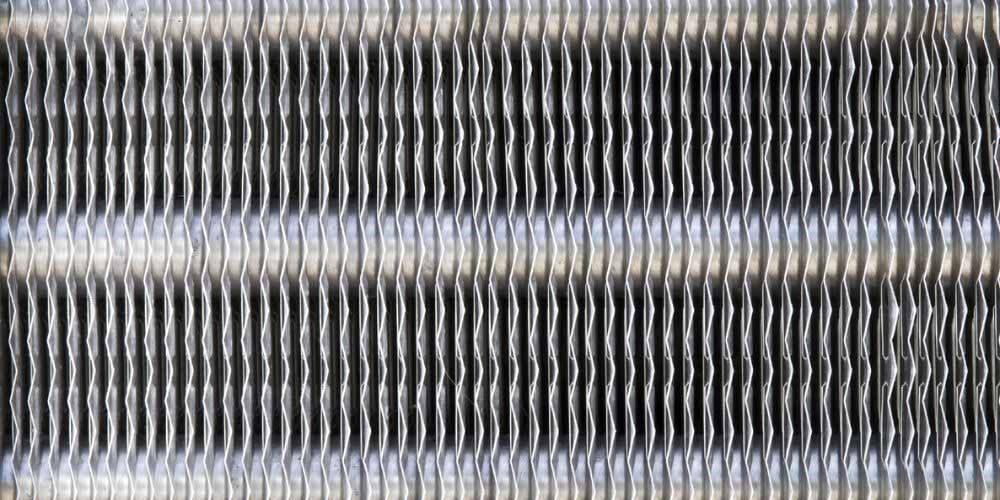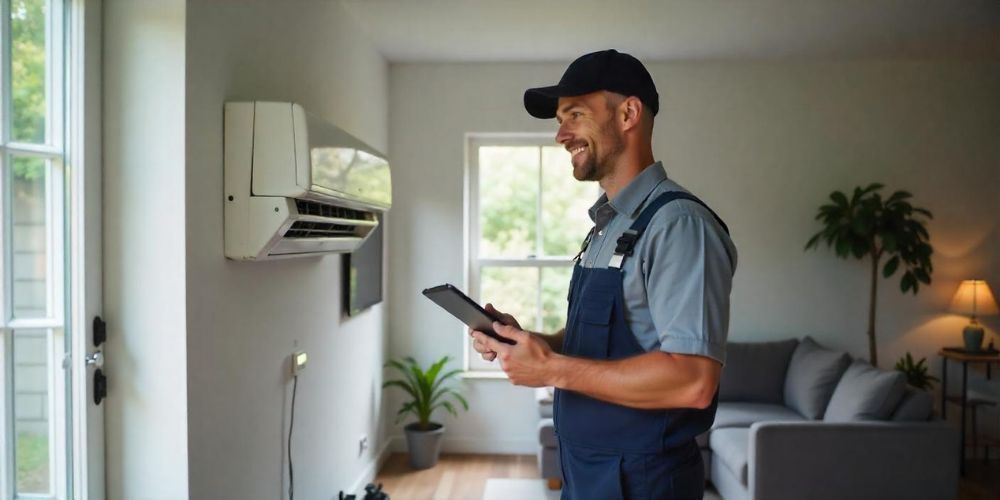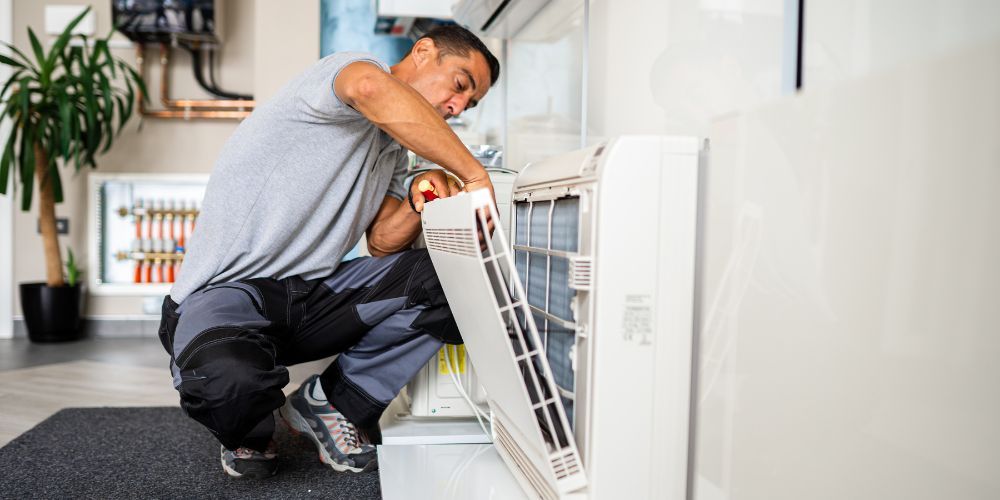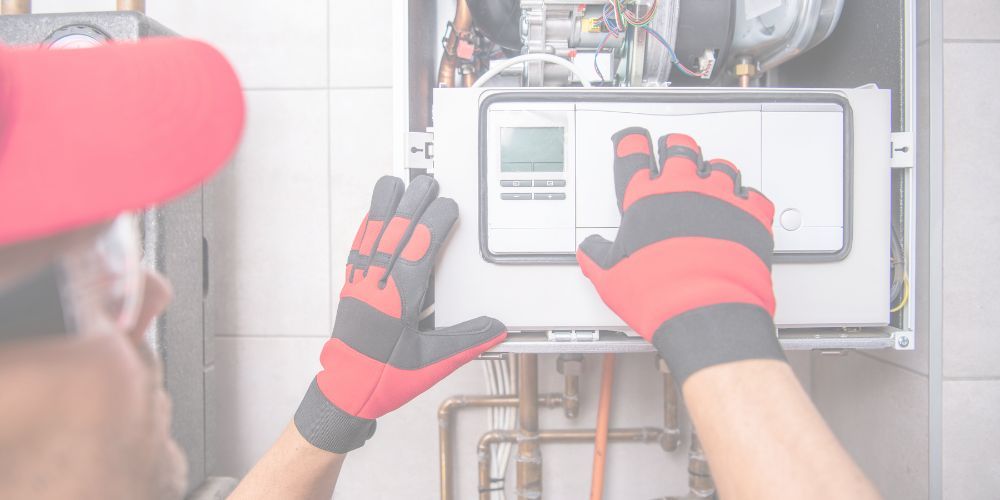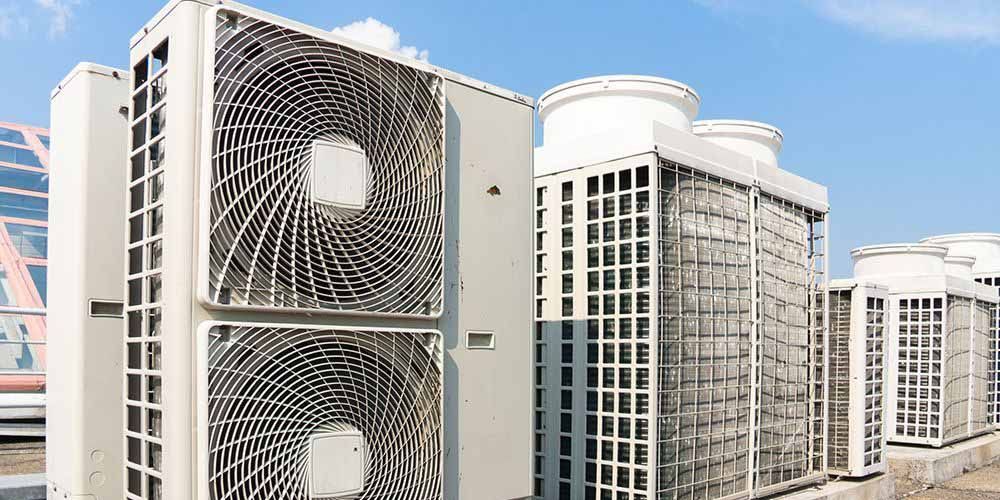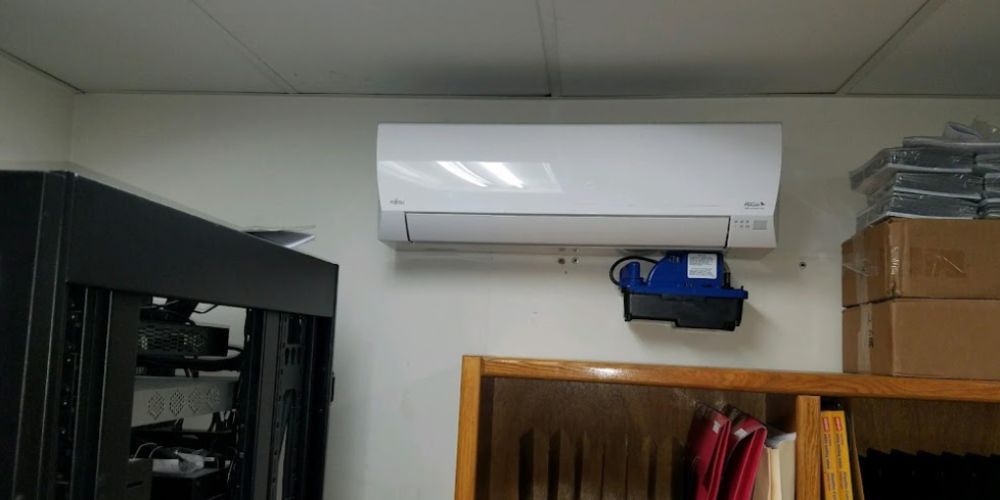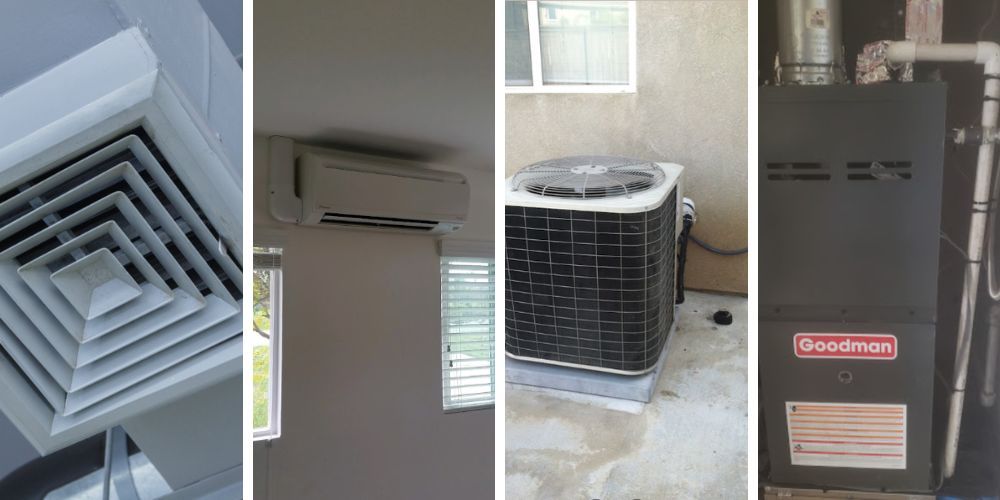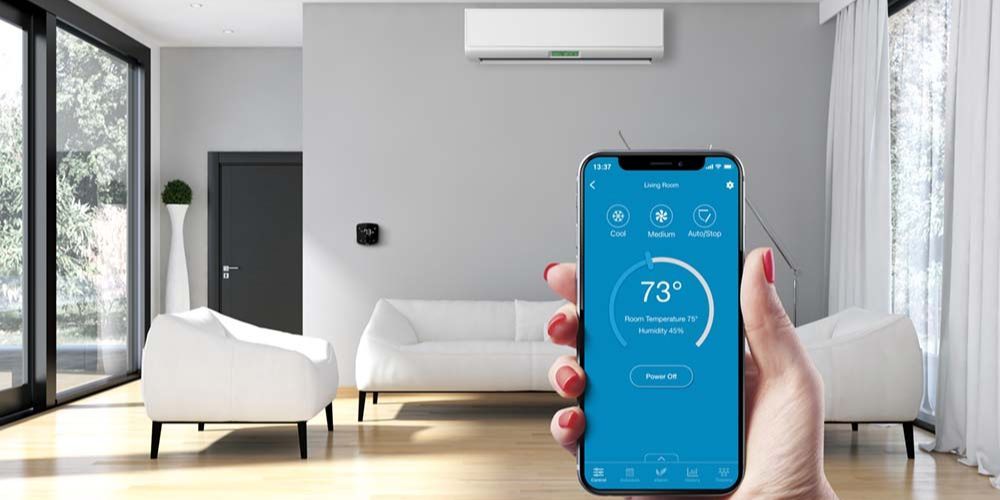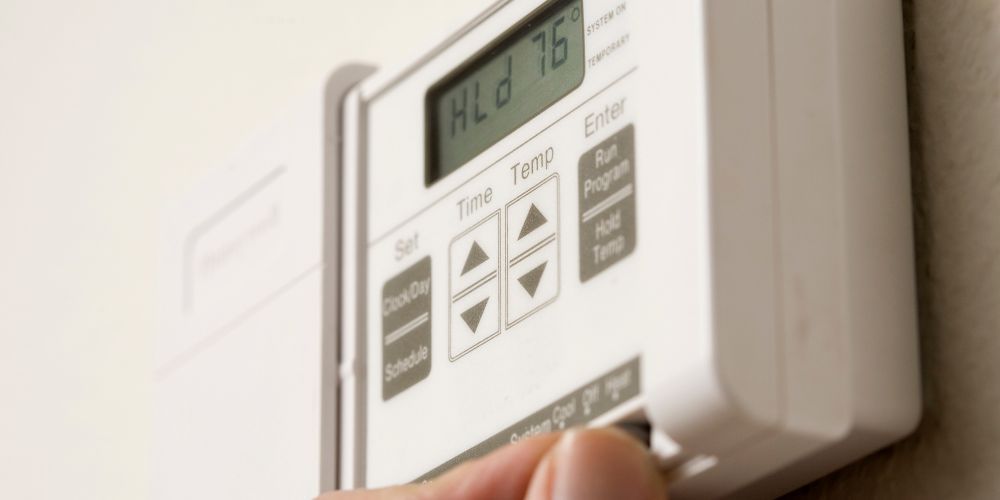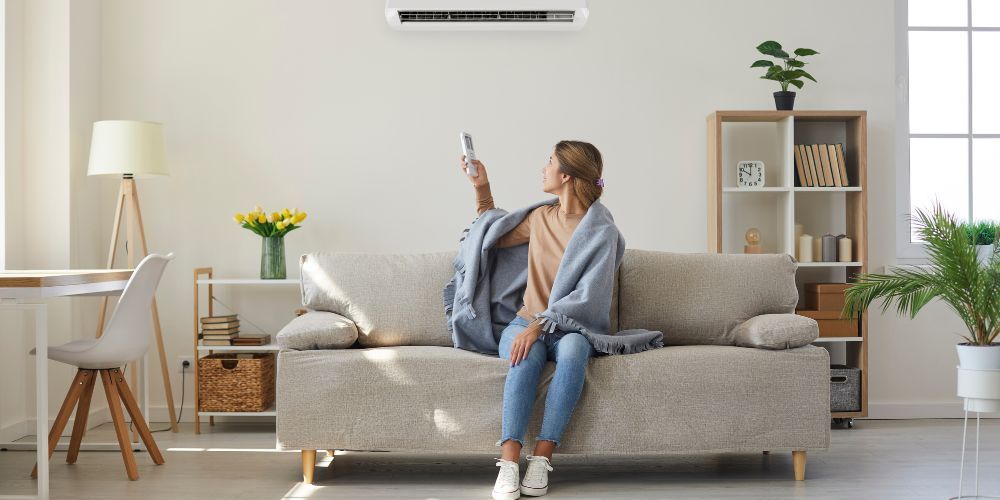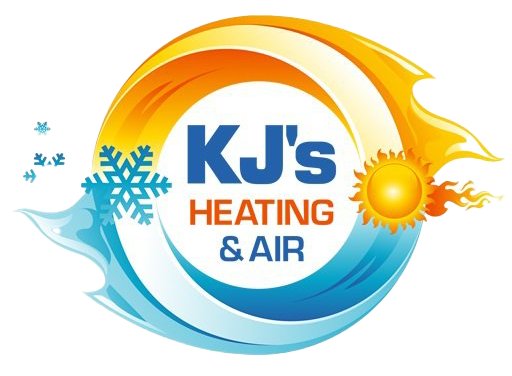How to Detect AC Coil Leaks: Signs to Look Out For
The air conditioner, or 'AC,' is essential for providing comfort in homes and workplaces, especially in summer. But like any machine part, AC devices may have problems after some time.
One frequent issue is leaks in AC coils, which can significantly affect the system's performance and lifespan. Finding these leaks initially is crucial to prevent further harm and expensive fixes. This blog will explore how to prevent AC coil leaks, their causes, and the best prevention methods.
What is an AC Coil, and What are Its Functions?
An AC or evaporator coil is crucial in any AC system. Usually, this part is found within an air conditioner's indoor unit and collaborates with the condenser coil in the outdoor unit.
The evaporator coil, being part of an
HVAC system, cools the incoming air through the absorption of heat that flows through, making cooler air eventually released back into your home. Here is what it does mainly:
- Heat Absorption: The evaporator coil hosts indoor refrigerant that caps heat from the atmospheric air flowing through it, cooling the air down before it continues to the room.
- Humidity Control: The refrigerator removes heat and water from the air, making the room drier.
- Energy Efficiency: The correct working of the
evaporator coil ensures the air conditioning system runs well. It cuts down on energy use and keeps the interior temperature comfortable.
What Causes an AC Coil to Leak?
Many things can cause leaks in the AC coils. Knowing these reasons can aid in taking steps to prevent them. Here are some common reasons for AC coil leaks:
- Corrosion: As time passes, the coils might rust because of water, harmful substances, and dirty air particles. This rusting can cause small holes and breaks to form, which can cause leaks.
- Vibration and Wear: When the air conditioner keeps running, it shakes or vibrates, which can cause the parts inside to wear out over time. This kind of stress on the parts can eventually cause leaks to appear.
- Chemical Reactions: Some air conditioners are exposed to certain chemicals or substances in the surroundings that interact with the coolant or the coil material, leading to damage and breaks.
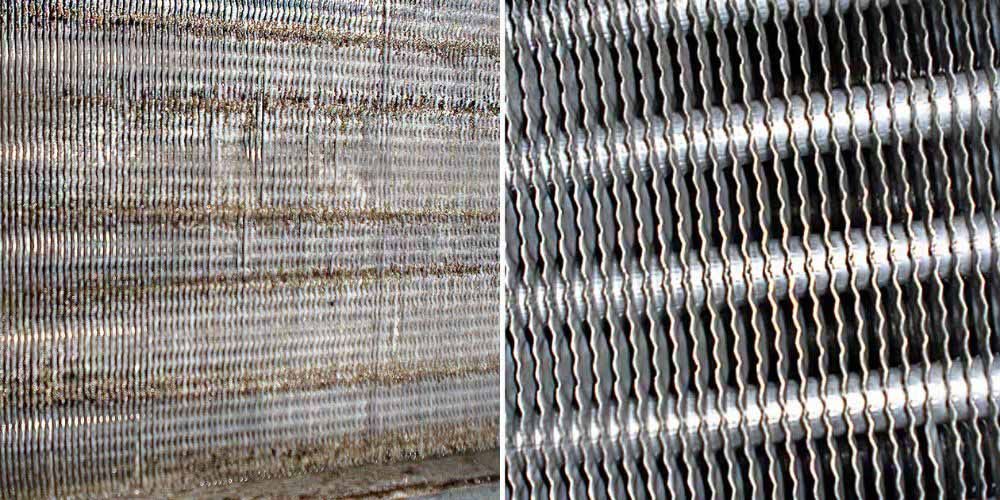
Best Indicators to Identify Coil Leaks
Detecting an air conditioning coil leak early will save you a significant amount of money and increase the life of your equipment. Listed below are some of the best reliable indicators that lead to a potential coil leak:
- Decreased Cooling Efficiency: Reduced cooling ability is one of the most easily noticed signs that may signal a coil leak. Significantly cooled air from the air conditioner in your house is no more so because one of the consequential reasons is a leak in an essential part of the air conditioner—its refrigerant storage, the coil.
- Ice Formation on Coils: Another reason could be the refrigerant leak, which may cause the evaporator coils to ice up or frost. If the refrigerant is inadequate, the coils can be too cold and create ice.
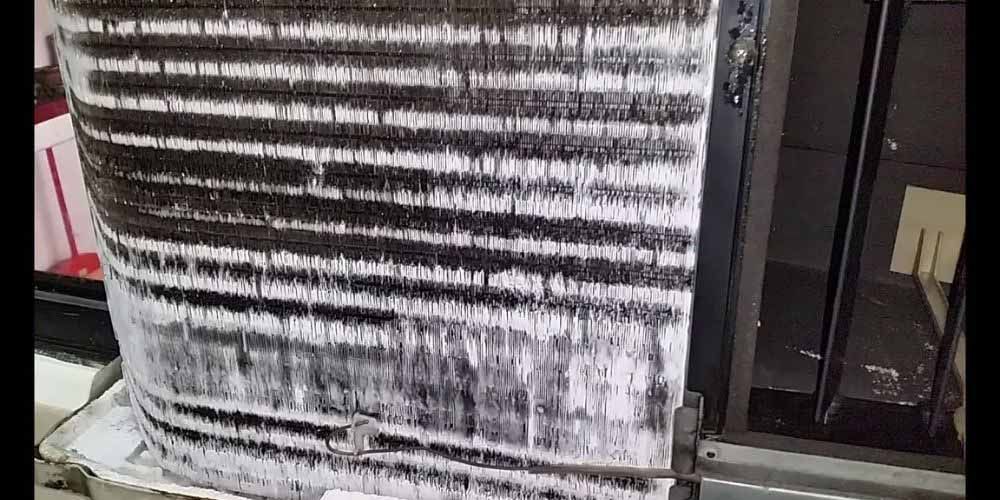
- Increased Energy Bills: A leaking coil can make the AC unit work harder to maintain the temperature at a set point. That increased demand can lead to higher utility bills.
Preventive Measures to Avoid AC Coil Leaks
Prevention is always better than cure; preventive maintenance of the AC unit. Following are some preventive measures to avert the AC coil leak:
- Preventive Maintenance: Regular preventive maintenance scheduling with an HVAC-qualified technician ensures your AC system is serviced in the best conditions. Scheduled system inspections can identify future service needs to avoid heated complaints.
- Clean Coils: Erase dirty things, leftover materials, and other unclean stuff from the evaporator and condenser coils. When clean, coils work better and decrease the chances of rust and wear.
- Check for Corrosion: The coils must be regularly inspected for corrosion. If rust or corrosion is found, treat it now, not let it become a problem.
Seek Professional Help
Though most of the maintenance work is things that homeowners can easily do on their own, the moment there is suspicion of a coil leak from any of the indicators above, it is time to call a qualified HVAC technician to diagnose and repair the coil. Why you should seek professional help:
- Correct Diagnosis: Professional technicians have the tools and knowledge to accurately diagnose the source of the problem accurately, thereby determining the best move to make.
- Proper Repairs: Trying to repair a coil leak without the appropriate knowledge and equipment may further damage the equipment. A professional will fix it correctly and safely.
- Preventative Advice: HVAC technicians could tell you how to maintain the AC system to prevent future leaks and keep off issues that will save you time and money.
Knowing the causes and signs of leaking and making preventive efforts, your air conditioning system should not be a burden; it will serve you with longevity and low repair costs. Remember, when in doubt, always seek professional help to ensure your system receives the best care possible.
Related read:
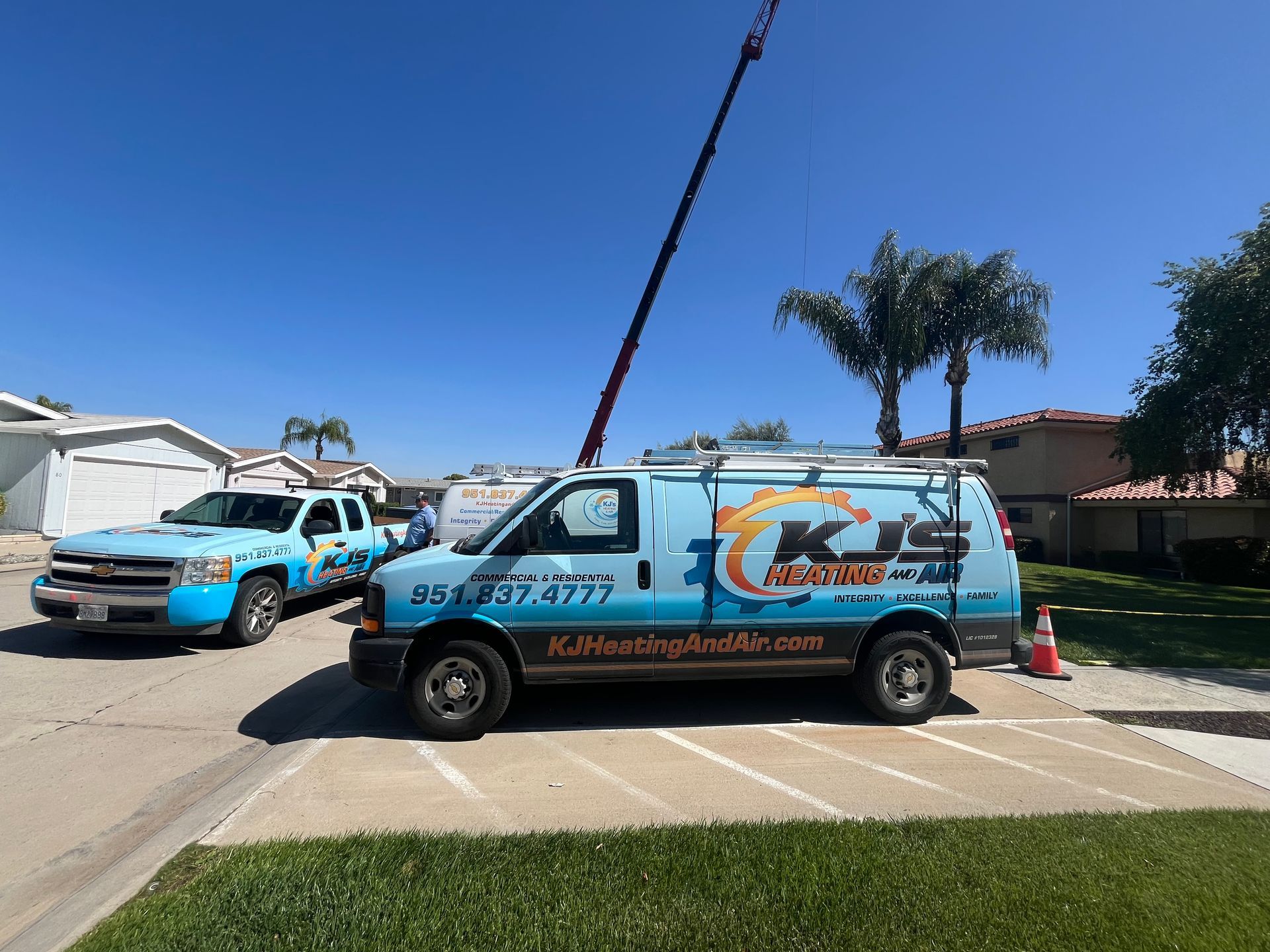

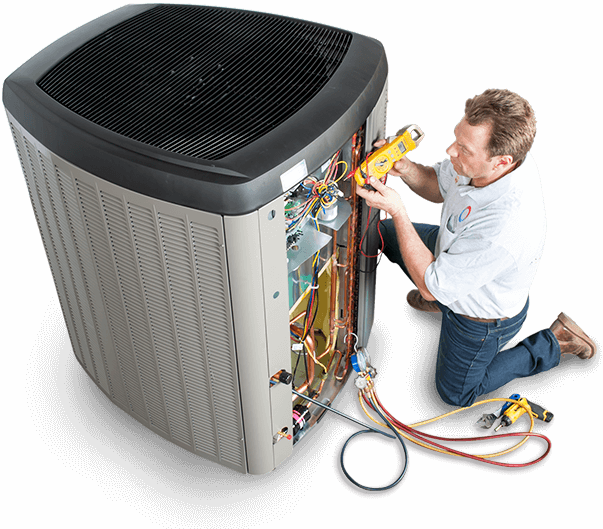
Request An Estimate
We will get back to you as soon as possible
Please try again later
KJ's Heating and Air has been serving proudly the community since 1981 in installing, repairing and maintaining residential & commercial HVAC Systems.
Services:
Services Areas:
All Rights Reserved |KJ's Heating & Air Photos and Content Protected
